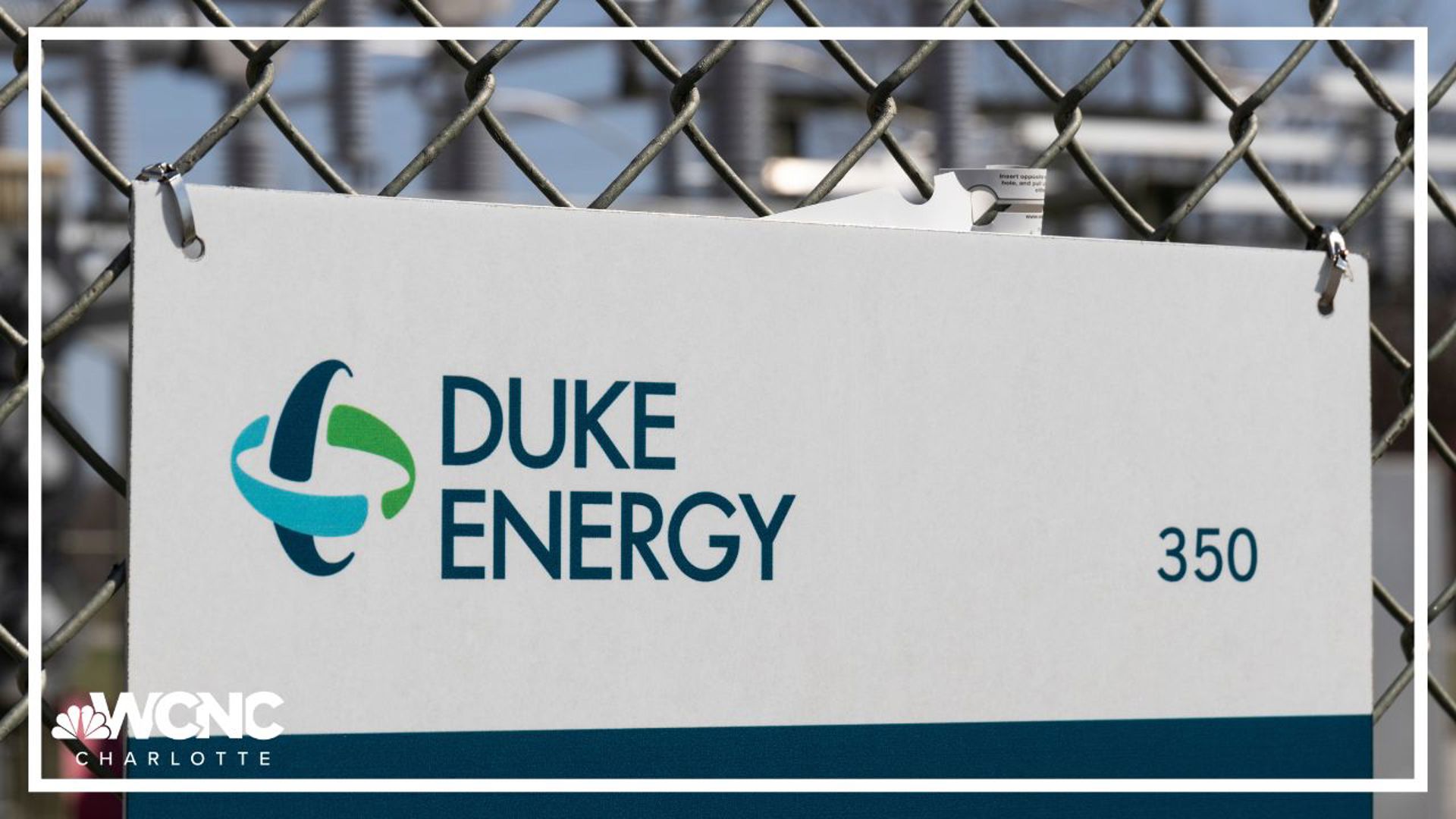CHARLOTTE, N.C. — Duke Energy customers could save money when electric rates go down starting Jan. 1, 2025.
Earlier this year, Duke Energy Carolinas announced a 3.6% decrease starting in January as part of an annual adjustment for the cost of fuel used to generate electricity at its power plants. A typical Duke Energy Carolinas customer will save around $5 on their monthly bill, the company said. This will drop the average residential bill to $137, which Duke says is 23% lower than the national average.
Duke Energy Carolinas serves much of western North Carolina, upstate South Carolina and portions of the Piedmont including Charlotte.
Regulators also approved a proposed decrease for Duke Energy Progress customers. Duke Energy Progress services portions of central and eastern North Carolina, including Raleigh, and portions of the Carolinas coast. The Asheville region is also serviced by Duke Energy Progress.
Starting Dec. 1, rates for Duke Energy Progress residential customers in North Carolina fell by 4.5% as part of an annual adjustment. Officials also credited this drop to the cost of fuel used to generate electricity at the utility’s power plants.
A typical residential customer in North Carolina using 1,000 kilowatt-hours (kWh) per month will see an overall decrease of $7.34, or about 4.5% lower than prior rates, falling from $161.97 to $154.63. That is 11% below the national average of $174.21 – a difference of approximately $235 per year.
Commercial customers will benefit from an average decrease of about 6.3%, while industrial customers will see an average decrease of less than 0.1%.
While the news of lower electric bills is always welcome, Duke has been temporarily raising its rates in North Carolina. Starting on Sept. 1, Duke Energy rates were increased 1.5% in North Carolina due to a settlement with the North Carolina Utilities Commission.
The biggest influence on the dropping rates is an 8.8% drop in fuel prices, Duke said.
Duke Energy Carolinas provides electricity to approximately 2.9 million customers across North Carolina and South Carolina.

